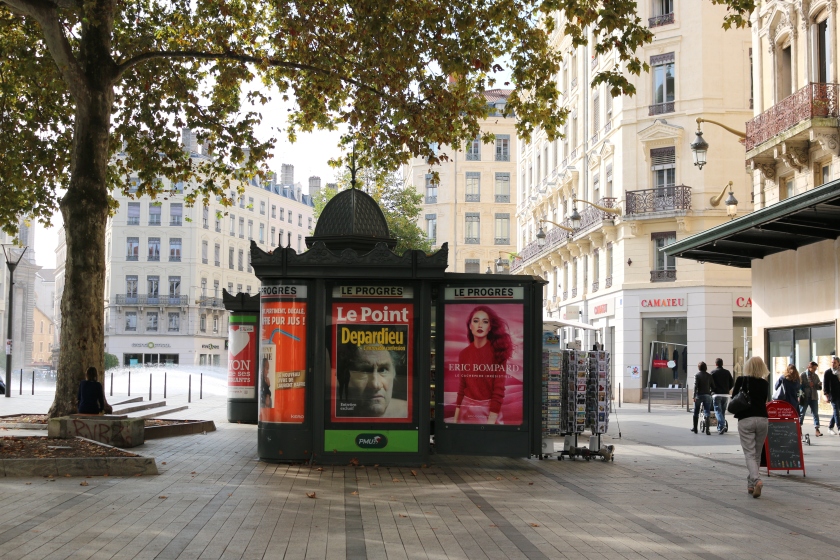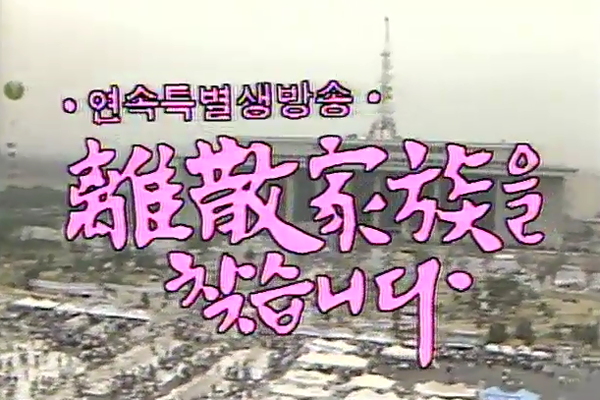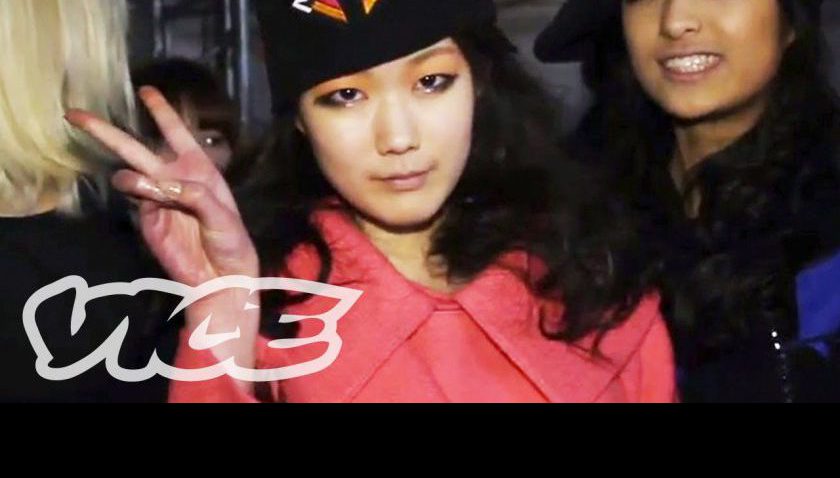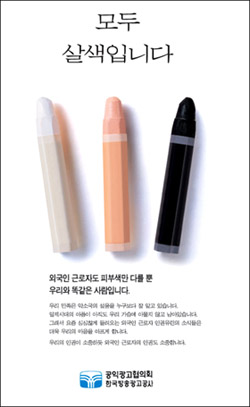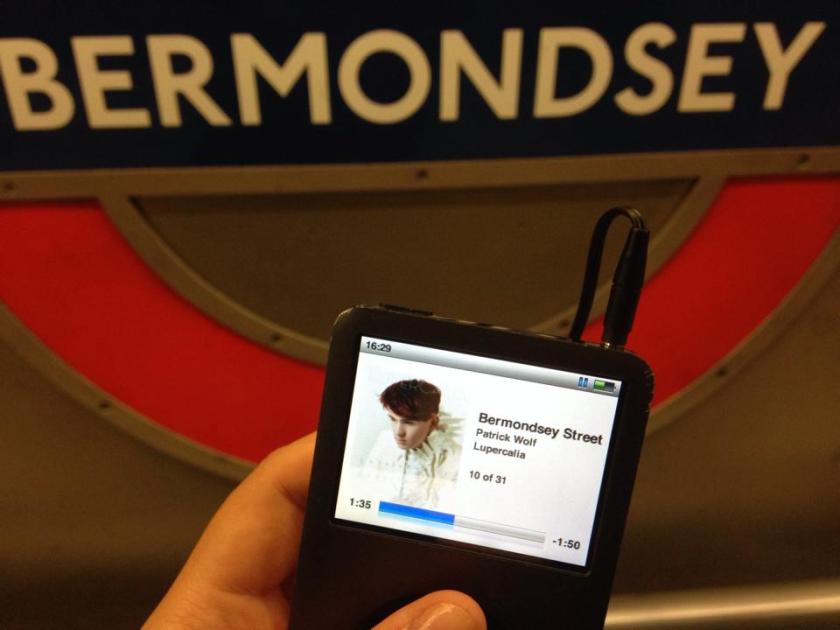Belgium after Paris attacks
To this day, soldiers patrol every town in Belgium. Shopping malls, railway stations and large public gatherings (such as Christmas markets) are guarded by the military and local police force. As per Korean government advice, I assume this will continue into the new year, at least until February. Even the small city of Liège has patrols at Guillemins station as well as the Mediacité, Place Saint-Lambert and Belle-Ile shopping complexes (where I do my groceries). Christmas festivities and any gatherings are particularly well surrounded. I was in Brussels on the night of the Paris attacks. Scheduled to take the Toefl exam at Selor on the morning of the 14th, I was rudely awakened at the hostel around midnight. A group of French-speaking Belgian students had stormed in, taken their mobiles out and started to listen to the news on full volume. Most of the other guests being non-French speakers or asleep, their hushed talks about “Paris”and “mon dieu, I cannot believe this” had me thinking there was probably some protest going on in the French capital. …



